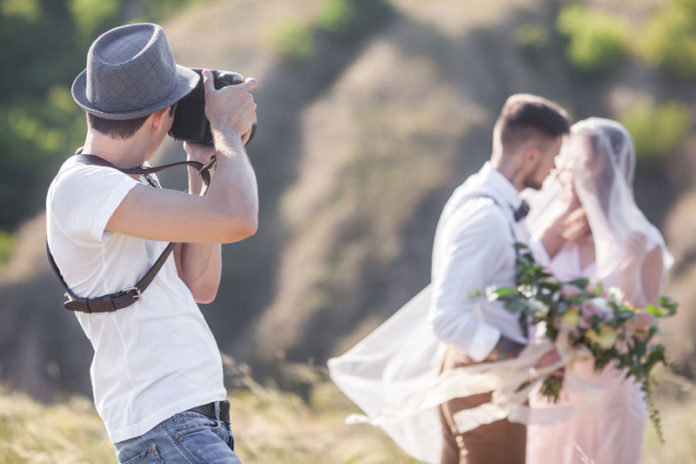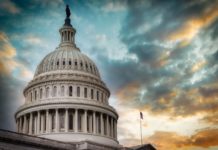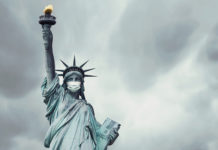A court in Wisconsin has ruled in favor of photographer Amy Lawson, stating that Christian photographers and bloggers can refuse to work for any individuals or groups that have views in conflict their own. Under the order, they can refuse to work for same-sex groups, pro-abortion groups, etc. It’s almost like the Freedom Of Association is an important legal principle!
Amy Lawson, owner of the Amy Lynn Photography Studio sued the city of Madison earlier this year, arguing that she can’t photograph same-sex weddings due to her religious beliefs. It was spring of the previous year that one of Lawson’s client brought up that they had noticed the statement on her website and expressed that they no longer wished to work with Lawson on their wedding due to her views on same-sex weddings.
Lawson stated that she didn’t wish to promote any aspect of her business that she herself didn’t agree with and allowed her client to cancel their agreement without any penalty. Moreover, Lawson even went on to refund their deposit and sent them a wedding gift. However, Lawson remained bothered that perhaps the statement on her website violated the law and decided on taking it down.
The Alliance Defending Freedom (ADF) released a brief description of the case, saying, “Amy is happy to take photographs of anyone; she simply objects to being forced to participate in events, or promote messages or causes, that she can’t support,” ADF Senior Counsel Jonathan Scruggs said. “Photography and writing are quintessential examples of protected artistic expression and free speech.”
ADF has noted that under the laws, Lawson and her business are “required to create photographs and blog posts promoting pro-abortion groups and same-sex marriages if she creates content that promotes pro-life organizations or that celebrates the marriage of one man and one woman.” The laws also prevented Lawson from stating that she “cannot promote pro-abortion organizations or same-sex marriage because of her religious, political, and artistic beliefs.”
“The court’s announcement has important implications for everyone in Wisconsin who values artistic freedom,” Scruggs said. “It means that government officials must allow creative professionals without storefronts anywhere in the city and state the freedom to make their own decisions about which ideas they will use their artistic expression to promote.”
“The court found — and the city and state have now agreed — that such professionals cannot be punished under public accommodation laws for exercising their artistic freedom because those laws simply don’t apply to them,” Scruggs said. “No one should be threatened with punishment for having views that the government doesn’t favor,” he argued.































